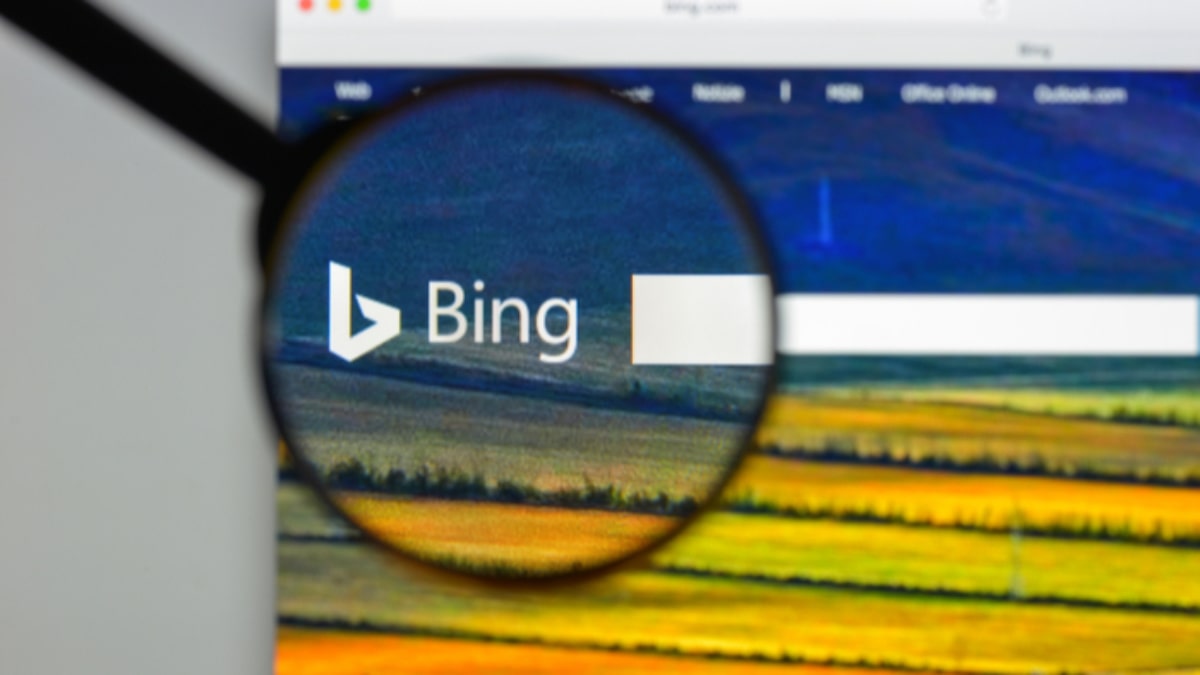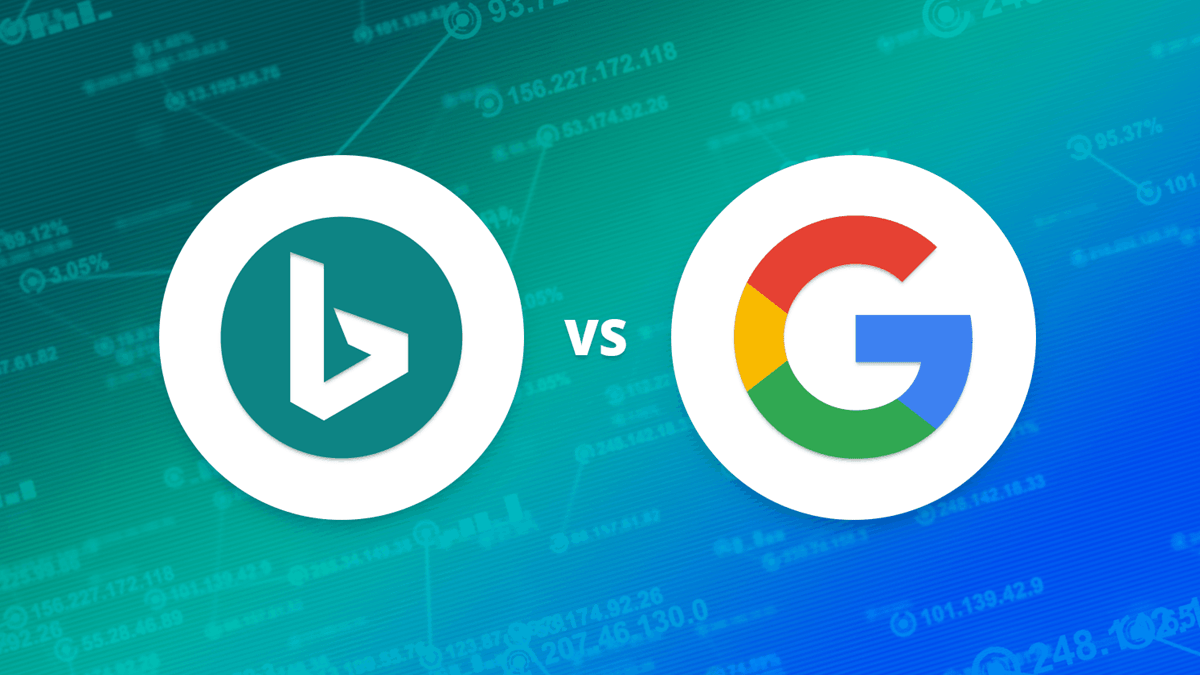In a surprising turn of events, Microsoft’s Bing has outpaced Google Search in various metrics of user satisfaction and technological innovation. This development has shifted the dynamics in the search engine market, long dominated by Google.

User experience and satisfaction.
Recent surveys indicate that users are increasingly favoring Bing over Google for its enhanced user experience. Bing’s visually appealing interface, which integrates high-quality images and a user-friendly design, has garnered praise.
The integration of AI-driven features like intelligent search predictions and personalized results has also resonated well with users. Microsoft has clearly invested in understanding what users want from a search engine, and Bing’s focus on user-centric design and AI capabilities has paid off, as reflected in rising user satisfaction scores.
Technological innovations.
Bing’s leap in popularity can be attributed to several key innovations. The integration of OpenAI’s advanced language models has significantly improved the relevance and accuracy of search results. Additionally, Bing’s image and video search capabilities have been enhanced, providing richer and more diverse content.
One notable feature is Bing’s seamless integration with Microsoft products like Office 365 and Windows, offering a cohesive ecosystem that appeals to many users.
The AI-driven Microsoft Edge browser, which uses Bing as its default search engine, has also contributed to Bing’s growing user base.
Privacy and security.
Privacy concerns have increasingly influenced user preferences, and Bing has capitalized on this trend. Microsoft has implemented robust privacy measures, giving users more control over their data. Bing’s transparent privacy policies and fewer targeted ads compared to Google have made it a preferred choice for privacy-conscious users.

Data privacy is a significant concern for today’s internet users, while Bing’s new approach to minimizing data tracking and providing clearer privacy options sets it apart from Google, which has faced criticism over its data practices.
Market impact.
The shift in user preferences towards Bing has had noticeable impacts on the market. Google’s market share, while still substantial, has seen a slight decline.
This shift is particularly pronounced in regions where users prioritize privacy and integration with other Microsoft services. Advertisers are also taking note.
With Bing’s user base growing, companies are reconsidering their advertising strategies to include Bing Ads, which offers competitive pricing and effective targeting options.
Future prospects.
Looking ahead, Bing’s trajectory appears promising. Microsoft continues to invest in AI and machine learning to enhance Bing’s capabilities further.
The potential integration of next-generation AI models and expanded partnerships could solidify Bing’s position as a formidable competitor to Google.
In conclusion, Bing’s rise in user satisfaction and technological advancements marks a significant shift in the search engine landscape.
While Google remains a dominant force, Bing’s innovative approach and focus on privacy have carved out a unique space in the market. As users increasingly value these aspects, Bing’s momentum shows no signs of slowing down.
Leave a Reply